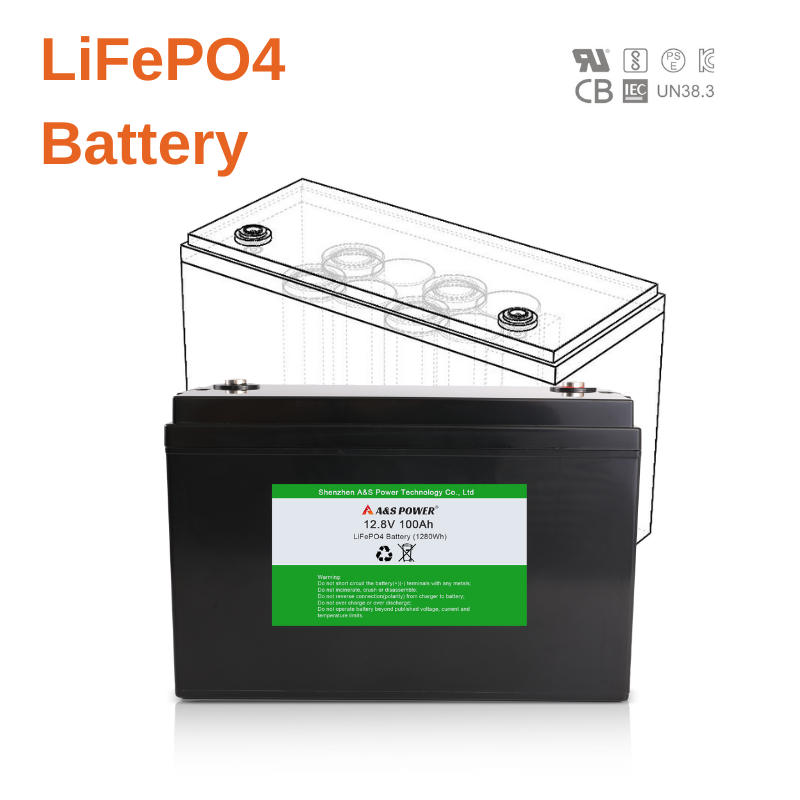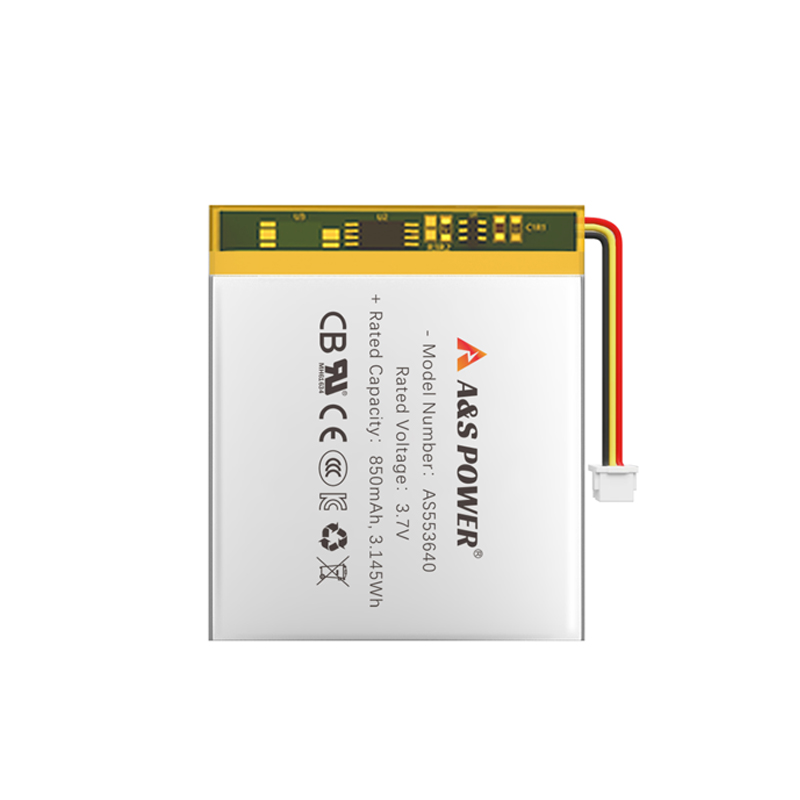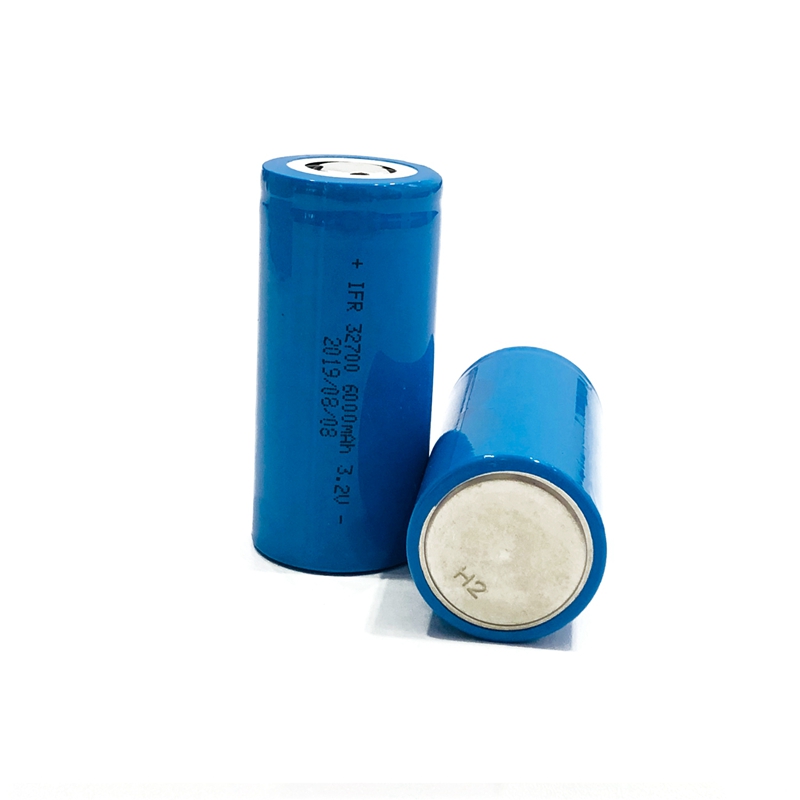What certifications are required for lithium batteries when importing and exporting?
2022-12-28
In terms of safety, lithium-ion batteries have long been criticized. In particular, the explosion of Samsung mobile phones has pushed lithium-ion batteries to the forefront.
Because lithium is a metal that is particularly prone to chemical reactions, easy to extend and burn, lithium battery packaging and transportation, such as improper handling, easy to burn and explode, accidents also occur from time to time. Accidents caused by non-standard behaviors in its packaging and transportation have attracted more and more attention. Many international agencies have promulgated multiple regulations, and various management agencies have become more stringent, improving operational requirements, and constantly revising regulations and regulations.
Therefore, as a lithium battery manufacturer, it is particularly important to ensure the safety of battery transportation and use. So when exporting, what certifications do lithium batteries need to do? The editor has compiled some information to facilitate everyone's simple understanding of lithium battery certification.
In order to ensure the safety of air transportation and meet the customer's transportation needs for lithium-ion battery-containing goods, according to the relevant regulations of the International Air Transport Association's "Dangerous Goods Regulations", the operation specification for rechargeable lithium batteries, namely UN38.3 (UNDOT) test, has been formulated. .
UN38.3 test items generally include:
High simulation test, heat test, vibration test, impact test, external short circuit test, impact test, overcharge test, forced discharge test.
IEC 62133 certification
IEC62133 is the most important international standard for lithium-ion batteries in the world, and it is also an important basis for IECEE-CB certification. At present, Japan, South Korea, Thailand, India, etc. have adopted IEC 62133 to formulate their own national standards, and these standards have become an important basis for market access in these countries.
IEC 62133 test items include:
Continuous low rate charging, vibration, high temperature mold case stress, high and low temperature cycle, reverse charging (nickel battery), external short circuit, free fall, mechanical shock, thermal abuse, extrusion, low voltage, overcharge (nickel battery, lithium battery is different) mandatory Discharge, high rate charge.
Battery MSDS report
MSDS is chemical safety instructions, which is the physical and chemical characteristics of chemicals (such as pH value, flash point, flammability, reactivity, etc.) A document stating the report.
When shipping products with batteries, the freight or shipping company requires an MSDS report. Without MSDS, the official cannot send it, because they will not make MSDS information for you.
PSE certification
The scope of application is in Japan, mainly for safety and performance testing.
Batteries that require PSE certification are:
Batteries with an energy density exceeding 400Wh/L; must be lithium-ion batteries, except those used in medical equipment; industrial equipment and automotive/motorcycle-type lithium-ion batteries.












